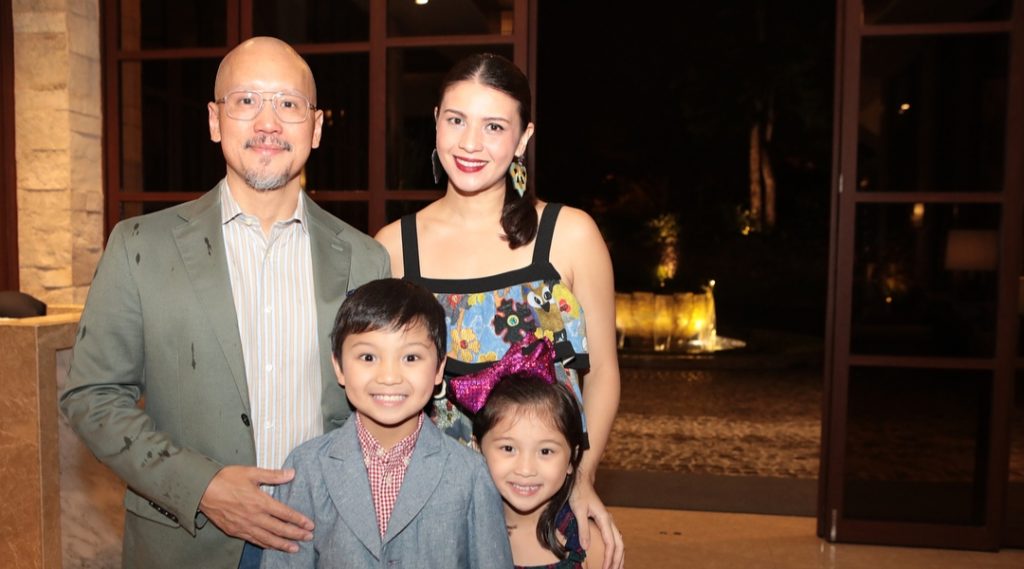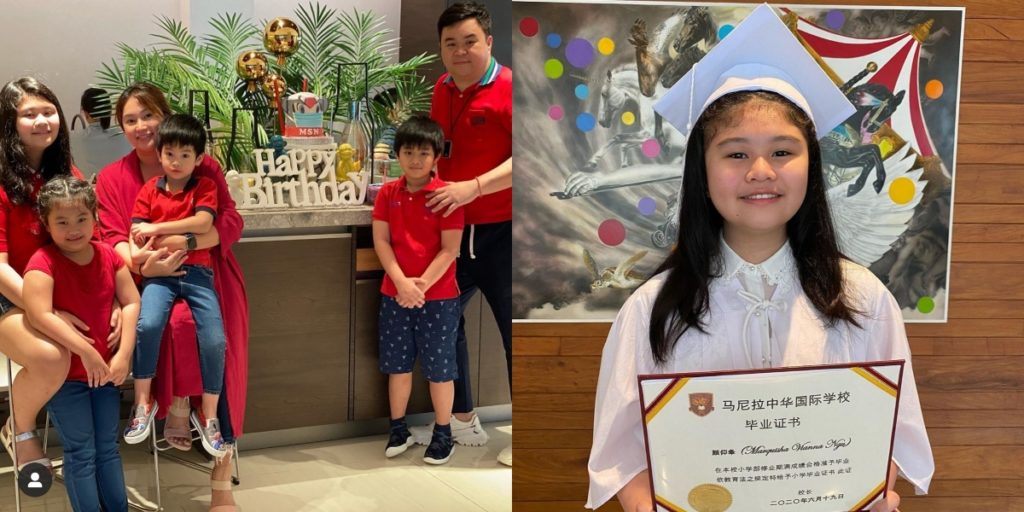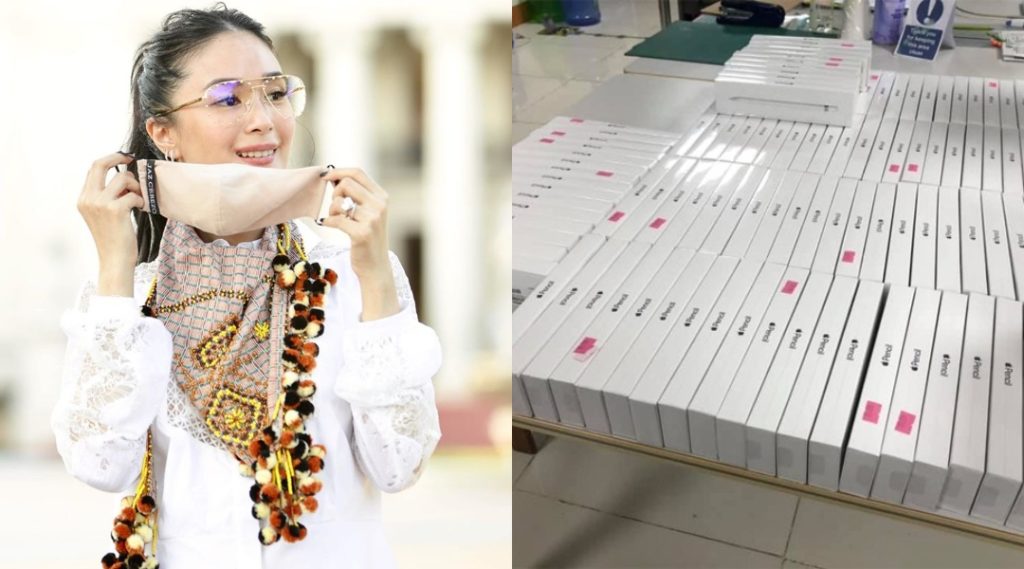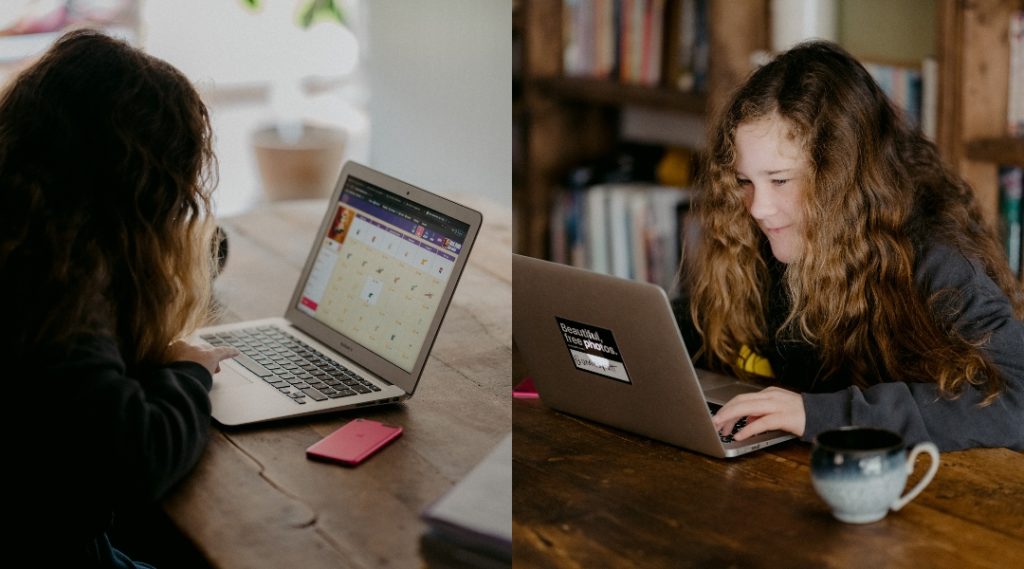With the pandemic impact showing no signs of slowing down soon, how will it affect the learning of students?
As we ease quarantine measures, the concern over the education of youth remains. After the government-mandated school suspension that began early this March, parents and students both wonder about the status of education in the country. There may be homeschool options available but of course, parents would still prioritize the health and safety of their children. Education workers are concerned about the risks as well, especially in cases of tutors hired to visit homes of students to facilitate learning. So, how will the youth continue to receive a quality education in a time of crisis?
RELATED READS: What Happens To The Office Culture In This New Normal?


Studying the situation
The Department of Education (DepEd) announced that the opening of classes will be on August 24 this year and will end on April 30, 2021. Prior to the opening, there are still no physical or face-to-face classes. Instead, DepEd encourages online and distance learning and homeschool options. For mothers like Casanuova’s Founder and Managing Director Venus Ngu and Mesa ni Misis Founder Juana Yupangco, they are gradually adapting to this new approach.
Venus shares, “As a mom of 4, I had to adjust my schedule and learn different apps the school required for each kid… The school provided worksheets, art projects, [and] book reading. For my youngest, a pre-video of singing, dancing, and learning which kept them occupied and educated at the same time.” Those used to attending physical classes, this is a completely new set-up that needs time to adjust. Juana’s children also resorted to virtual classes and so she arranged a permanent workspace for her kids. “The dynamic was weird at first, as no one was used to it. [But three] months in, and we finally have our groove,” she says.
For some parents, physical classes remain more effective than virtual ones. “Of course nothing beats face to face contact,” Juana affirms, adding, “There is also the learning that happens from other classmates.” However, the number of confirmed COVID-19 cases in the country continues to rise. This is greatly concerning for parents and students alike, especially if the government pushes through the opening of schools. So, online classes have now become the safest option. “It is better to proceed this way than to put children at risk,” Juana says.
RELATED READS: Shared Isolation: Lessons From Quarantine Culture

Rise of virtual learning
While online classes seem to be a workable option, Filipinos know virtual classes are not feasible for every family. The current state of our internet speed and the lack of resources to execute these became the challenges. Fortunately, certain figures and institutions have shouldered responsibility and launched initiatives to support virtual learning. Heart Ongpauco-Escudero has been giving away tablets to aid students who lack access to such resources. Ateneo de Davao University lends computer tablets and WiFi devices. These have a standard load package to support scholars in the online curriculum for undergraduate and graduate students.
Despite the swell of goodwill, the government has a great deal of work to do to address these challenges. For schools that continue virtual classes, Juana agrees they can be effective “If proper guidelines at home are taken such as providing the children with structure—what time to wake up, get dressed for school, [and have] accountability to their teachers.” She adds that communication is critical especially for children to understand “online class is still class, it’s just a different method of delivery.” When schools do open, Venus emphasizes the need to practice safety guidelines, “We are now responsible not just to ourselves, to our kids, but also to others.”

Whichever case becomes the new normal in the future, parents must continue evaluating what is best for their children. From setting up schedules and workspaces, downloading learning apps and materials to practicing health guidelines, parents must always be open, creative, and resourceful in facilitating the learning of their children.





